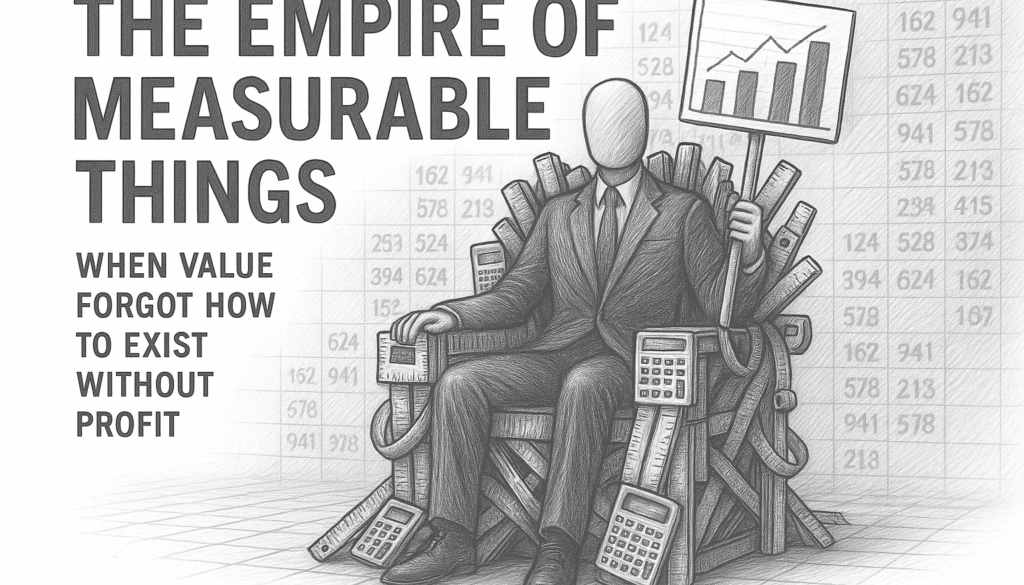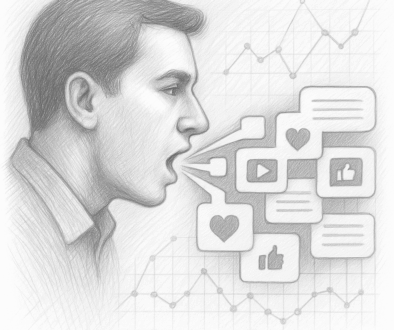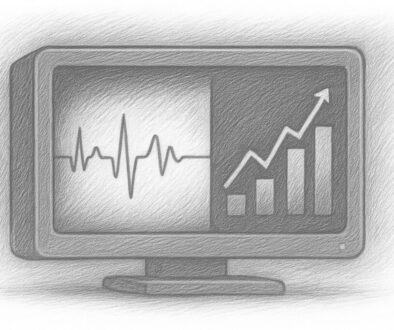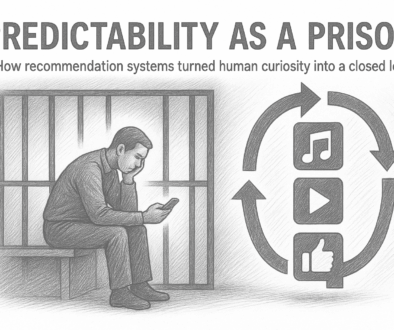When value forgot how to exist without profit.
Hey value chasers—
Somewhere along the way, we stopped asking what something means and started asking what it makes.A painting isn’t important until it sells at Sotheby’s. A startup isn’t visionary until a venture capitalist says so.
Even generosity is judged by how much it can be “leveraged.”
We’ve turned worth into a spreadsheet, and now every human act demands a return on investment.
The absurd part? Most of us know this equation is wrong—yet we keep living by it, just to stay relevant.
The Ancient Divorce Between Value and Profit
Before markets became gods, value had little to do with money.
For Aristotle, value was moral: the excellence of a person, the virtue that upheld the common good. In medieval guilds, a blacksmith’s worth wasn’t measured in output but in craftsmanship—the quiet pride of doing something well.
The baker who fed his town during famine wasn’t optimizing profit; he was preserving dignity.
Then the accountants came.
By the time the Enlightenment gave birth to economics, we had already begun to quantify the unquantifiable. Adam Smith’s distinction between use value and exchange value—what something does versus what it’s worth in trade—was meant as a philosophical warning.
We treated it like a business plan. The Industrial Revolution turned production into the only valid form of progress. The metric became the meaning.
And once you start measuring meaning in currency,you can’t stop.
Everything else begins to look like inefficiency.

Fast-forward to modern capitalism, and the transformation is complete.
Art became an asset class. Education became human capital. Care became emotional labor. Even time—the last thing we once believed was ours—was colonized by productivity hacks.
We no longer create things because they’re beautiful, necessary, or kind.
We create them because they perform. The word purpose itself has become monetized, a euphemism for market positioning. We sell authenticity in six-month brand retainers.
It’s not that profit corrupts everything—it’s that it redefines everything in its image. And once profit becomes the measure of all value, failure becomes synonymous with being human.
The Paradox of the Priceless
The things that matter most in life are spectacularly unprofitable.
Love doesn’t scale.
Curiosity doesn’t IPO.
Wisdom can’t be patented.
Yet we’ve built an economy that treats everything that can’t be monetized as a flaw to be fixed.
Wikipedia, open-source software, volunteer networks, climate activism—each sustains millions, yet survives on donations or moral stubbornness. We rely on them daily while calling them “nonprofit,” as if meaning itself were a tax write-off.
The irony is suffocating.
We worship innovation yet punish patience. We talk about long-term impact but invest only in short-term proof. We romanticize craft but underpay creators. Our world is so obsessed with scale that it can no longer recognize value in stillness.

Social media made this collapse measurable.
Attention became a currency, engagement became value, and outrage became the most efficient growth strategy. In the algorithmic gospel, popularity equals truth.
If it trends, it matters. If it doesn’t, it vanishes.
A poet with a thousand readers is a failure. A “creator” with a viral reel is a thought leader.We no longer celebrate the depth of connection, only the breadth of exposure.
Virality is the new virtue.
Even morality has learned the market’s grammar. Ethical consumption is marketed like luxury skincare. “Goodness” has become a lifestyle product—sold in limited drops, tagged #ConsciousLiving.
We’ve turned integrity into an accessory. It matches every outfit but goes with nothing real.
Maybe true value resists scalability.
Maybe it evaporates the moment you measure it.
Think of a conversation that changes your mind. A friendship that quietly endures. A small café that refuses to franchise because it’s built on intimacy, not expansion. These things create no exponential graphs—but they anchor the human condition.
Our obsession with growth has blinded us to this: some forms of worth only exist when they stay small, fragile, and unseen. A whisper carries truth differently than a billboard. A handmade object carries care in a way no algorithm can replicate.
What We Can Still Choose
We can’t uninstall capitalism, but we can slow its download.
We can stop treating profit as a synonym for purpose. We can measure success by resonance, not reach. By generosity, not conversion.
A business that prioritizes trust will outlast one that prioritizes traction. An artist who values silence will outlive the feed.
Because profit might be a useful language—but it was never meant to be the only one.
The question isn’t how muchsomething is worth.
It’s whether it still matters when no one’s counting.
Until next time, stay unpriced.
Alex



